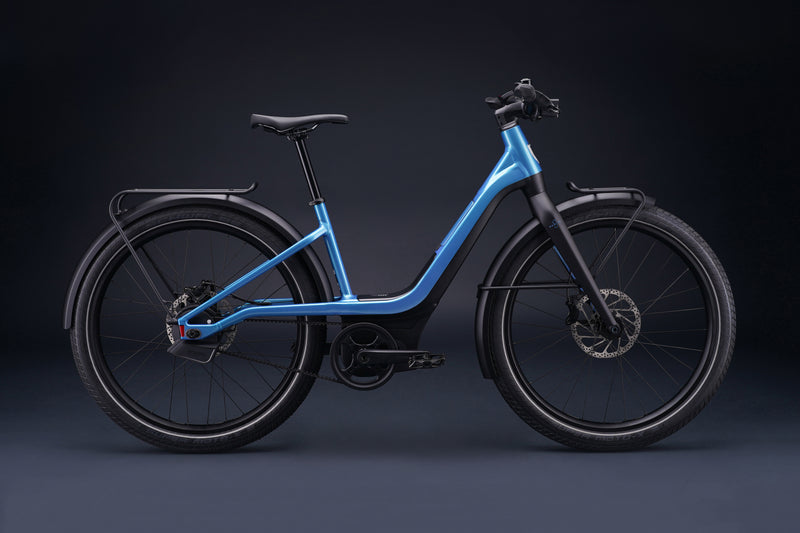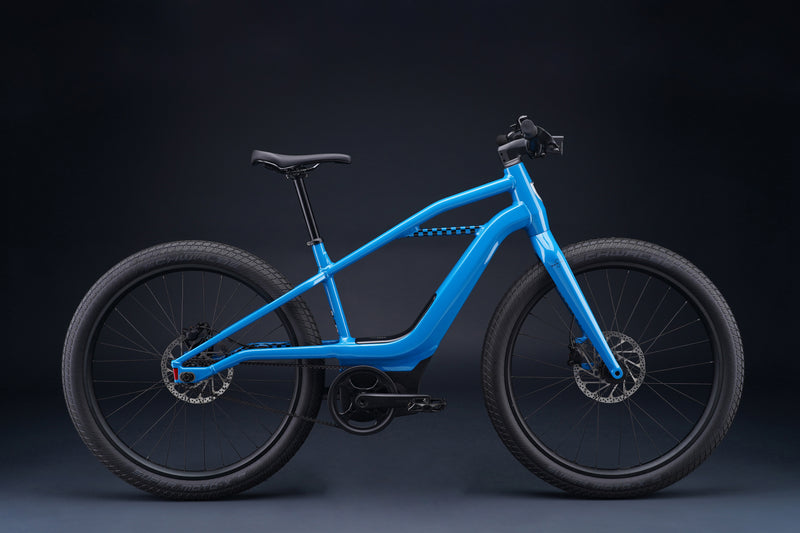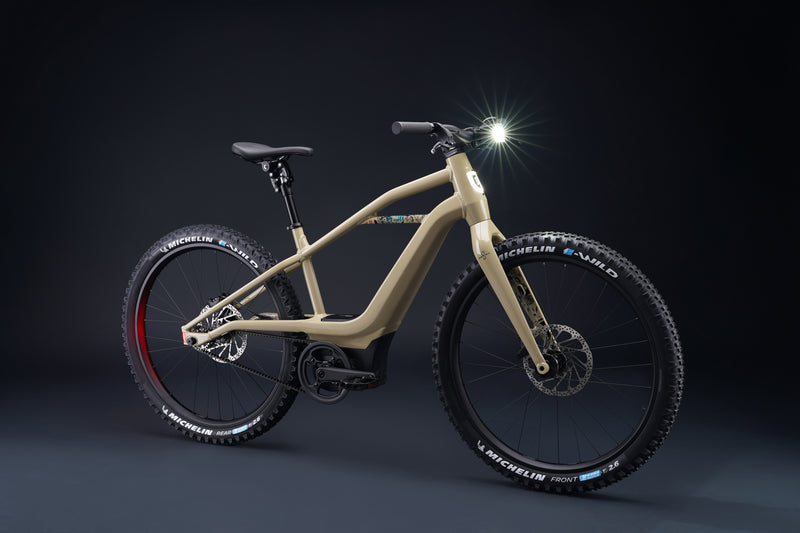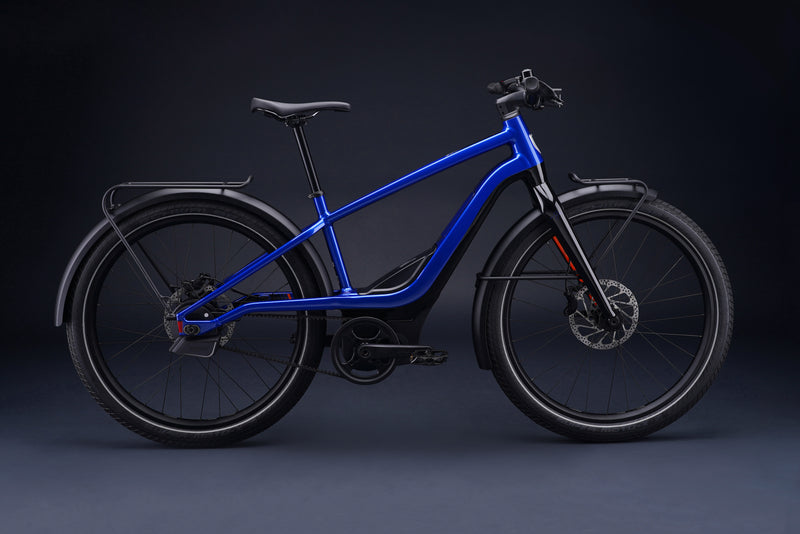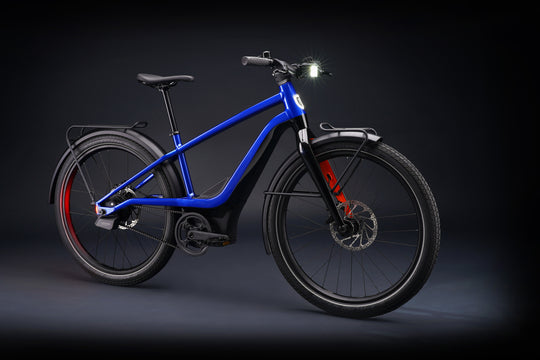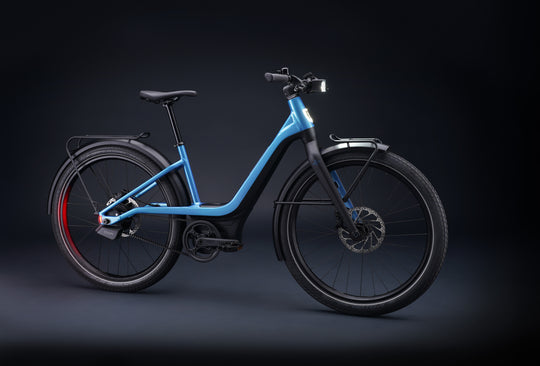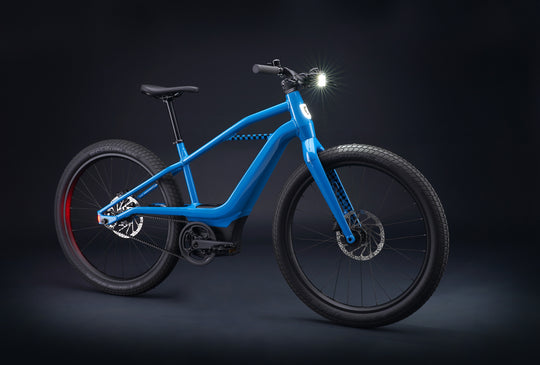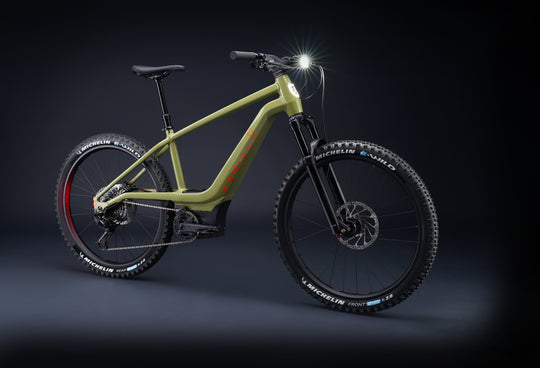For years, employees who chose two wheels over four have watched as their parking and public transit-riding colleagues benefited from a substantial federal tax perk—the pre-tax commuter benefit. Meanwhile, the modest non-taxable bicycle commuting benefit was suspended, leaving cyclists and e-bike riders out in the cold.
But as the calendar flips to January 1, 2026, the rules are set to change, and smart employers are already looking ahead to upgrade their employee benefits, especially to include the fastest-growing commuter vehicle: the e-bike.

The Commuter Benefit Is Back (and Potentially Better)
The suspension of the federal bicycle commuter benefit, mandated by the Tax Cuts and Jobs Act of 2017, is scheduled to expire at the end of 2025. While the original benefit was limited, several legislative efforts are underway—like the proposed Bicycle Commuter Act—to not only reinstate the benefit but also expand it significantly and, crucially, to include e-bikes.
While we await final legislative updates, here’s what forward-thinking companies are recognizing:
-
The Return of Tax-Free Reimbursement (Scheduled for 2026): If no new legislation passes, the original non-taxable bicycle commuting reimbursement (up to $20/month) is slated to return.
-
The Urgency of E-Bike Inclusion: Proposed legislation aims to make the bicycle benefit a pre-tax exclusion (like transit and parking) and increase the monthly limit significantly, recognizing the higher cost of e-bikes and accessories. Most importantly, these proposals specifically aim to make electric bicycles eligible.
-
Current Employer Incentives: Even with the federal pre-tax benefit in limbo for 2025, employers are finding ways to incentivize e-bike commuting through:
-
Direct Subsidies: Offering a post-tax reimbursement or stipend for a new e-bike purchase.
-
Wellness Programs: Integrating e-bike purchase or riding incentives into health and wellness benefit packages.
-
Fleet Discounts & Infrastructure: Negotiating group discounts with high-quality brands and installing secure, covered bike parking and charging stations.
-
Why Your Employer Should Choose a High-End Commuter E-Bike Fleet
The transition to e-bikes is a win-win: employees save money, boost their health, and reduce their carbon footprint. Employers benefit from reduced parking overhead, improved employee retention, and meeting sustainability goals.
When considering a "fleet" benefit, the model matters. A top-tier, purpose-built commuter e-bike—such as the high-performance, integrated designs from Serial 1—offers the premium experience necessary to convert skeptical drivers into committed riders.
Your Template to Pitch HR:
Use this script to initiate the conversation with your HR or Benefits team about creating or expanding your company's commuter e-bike benefit.
Subject: Proposal to Introduce/Enhance E-Bike Commuter Benefit for 2025/2026 - A Sustainable & Cost-Effective Perk
Dear [HR/Benefits Team Lead Name],
I am writing to inquire about the company's plans to adapt our commuter benefits program in anticipation of the scheduled return of the federal bicycle commuter tax benefit, and its potential expansion to include electric bicycles, as early as January 1, 2026.
As an employee committed to sustainable commuting, I believe offering an Employer-Sponsored E-Bike Subsidy/Benefit would be a high-value, low-overhead addition to our benefits package for several reasons:
-
Employee Wellness & Retention: E-bike commuters report lower stress and improved fitness, which reduces healthcare costs and boosts productivity.
-
Sustainability Goals: It directly reduces our company’s Scope 3 commuting emissions and decreases pressure on employee parking.
-
Future-Proofing Benefits: Proactively establishing a benefit positions us ahead of federal legislation and local (city/state) e-bike incentive programs.
To ensure this benefit is a reliable and safe transportation option, I suggest exploring a partnership with a brand known for quality and durability. Offering a subsidy for a high-end, reliable commuter model ensures employees have a genuine car-replacement option. This approach can be structured as:
-
A Direct Subsidy: A post-tax reimbursement (e.g., $1,500) for the purchase of an approved commuter e-bike.
-
A Fleet Discount: Partnering for a group rate discount to make a premium e-bike fleet accessible to all.
I would be happy to provide additional research on the potential tax advantages for the company (including depreciation or general business expense deductions) and the compelling return on investment from a retention and wellness perspective.
Thank you for your time and consideration in bringing this innovative and modern benefit to our team.
Best regards,
[Your Name]
[Your Title/Department]
[Your Employee ID, if needed]



